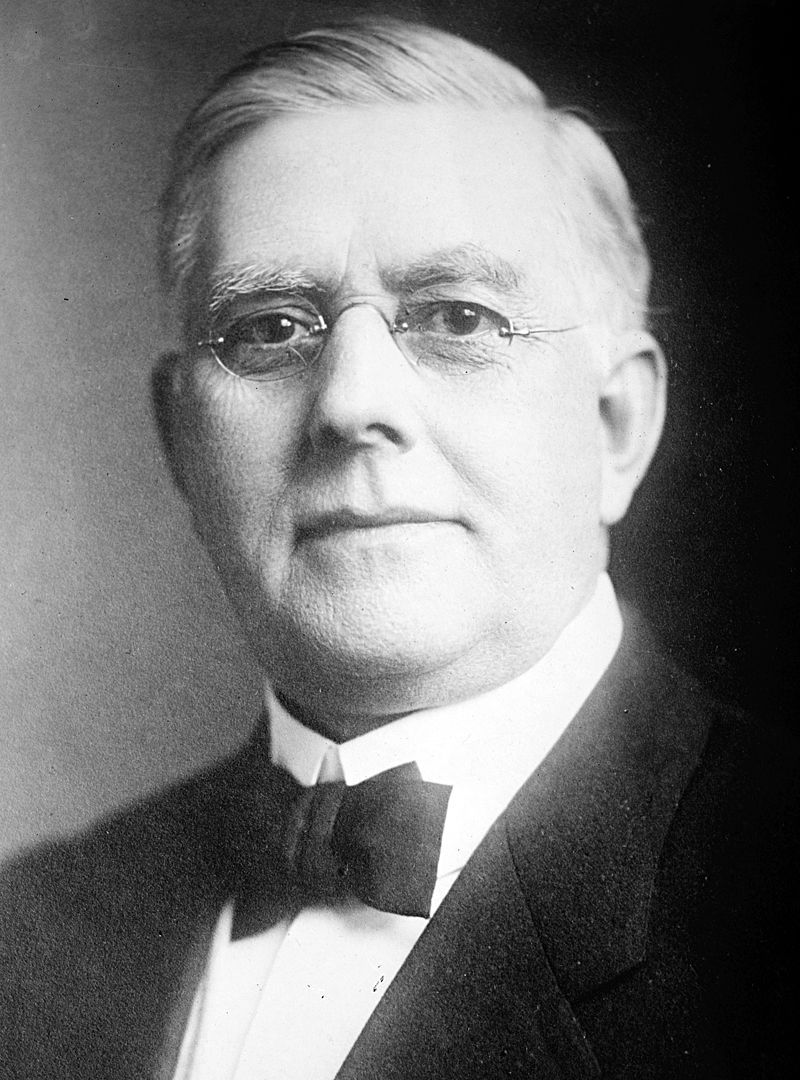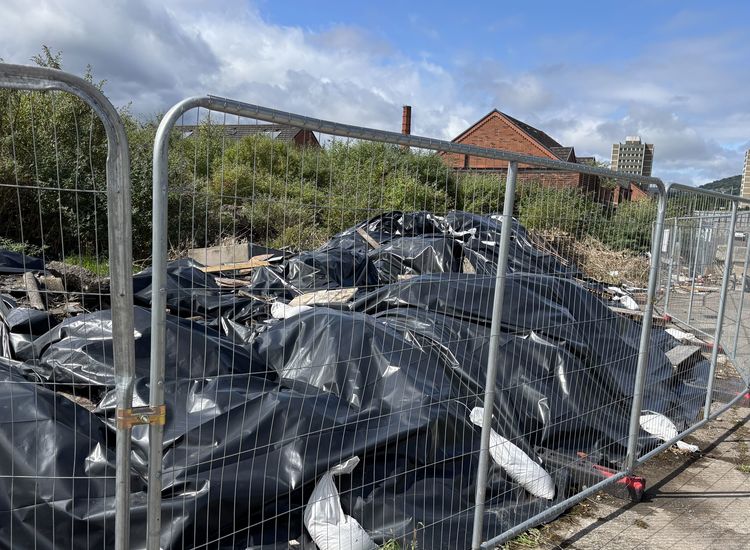Once again, hope and history rhymed on the island of Ireland when Michelle O’Neill, the 47-year-old Vice President of Sinn Fein from County Tyrone, was elected First Minister in the north of Ireland’s power-sharing government.
An Irish nationalist has not held this important and highly symbolic position since Ireland was partitioned in 1921. In another example of the changing political dynamics in Belfast, Ms. O’Neill is now one of the most popular elected officials in Ireland, north and south, according to a recent Sunday Independent poll.
Along with the Democratic Unionist Party’s Emma Little-Pengelly, who at age 44 was nominated to serve as Deputy First Minister, the two represent a new generation of leadership who have the experience to transition the north of Ireland from its current peace process into a new prosperity process.
In my opinion, they both have the energy and political skills to finally reconcile the orange and green and help create an Ireland of equals in the context of the Good Friday Agreement. It was my privilege to welcome and congratulate them both on Capitol Hill when they were visiting Washington for the annual St. Patrick’s Day observations.
As these two exciting new heads of government know, the genius of the Good Friday Agreement, which was negotiated by Senator George Mitchell in 1998, was that it ended 30 years of sectarian violence and has become a template for successful conflict resolution around the globe.
There is now a generation in Ireland that has no memory of the Troubles. Their hopes and aspirations about the future will forever be shaped by the remarkable diplomacy that preceded them. I would suggest the landmark peace accord reached at Stormont remains one of the most successful American foreign policy achievements in recent memory.
It established a cross-community Assembly and Executive which allowed the citizens of the north of Ireland to finally govern themselves after nearly a century of British direct rule. In a jurisdiction of more than 1.8 million people where identity is so important, the public can choose to define themselves as Irish, British, or both. Safeguards were included for civil and human rights. It reformed the police service and created All-Ireland Bodies dealing with issues such as trade and business development, food safety, culture, and global competitiveness.
Most importantly, it began the historic pathway for change that saw nearly 30,000 British Army troops leave the north of Ireland in a deployment that dated back to 1969.
As significant as the Good Friday Agreement was, it has yet to be implemented in its totality. As someone who was deeply involved in those peace discussions 26 years ago, the outstanding issues that remain such as a Bill of Rights, the Legacy Act, and the creation of a Citizens Assembly, need to be resolved favorably.
To that end, I was privileged to attend Queens University in Belfast last year to accept an Honorary Doctorate and urge the political party leaders in the north of Ireland to finish the work they started more than two decades ago. I also reminded them that the peace treaty was one step in a journey that should inevitably lead to a robust discussion about Irish Unity on both sides of the Atlantic. It is time for the constitutional question on the island of Ireland to be debated.
Congressman Thomas Gallagher
It certainly would not be the first time that the Irish Question would be raised in the United States Congress. As early as 1918, Congressman Thomas Gallagher of Illinois offered a resolution that called for Irish Independence. Gallagher quoted President Woodrow Wilson who said that “all governments derive their just powers from the consent of the governed.”
There is a growing number of people in our transatlantic relationship who would strongly agree with that sentiment now. They see themselves as agents of change for a new Ireland who seek a shared future for all. Many of them are here in Massachusetts.
The Good Friday Agreement was ratified by all the people of Ireland in both political jurisdictions. Similarly, I have always believed that Ireland’s future should be determined by the people on the island, north and south.
That would require a referendum, or a border poll, that would be determined by the principle of consent as outlined in the Good Friday Agreement. As demographics and opinions continue to change from Coleraine to Kerry, it is time to begin engaging with one another about Ireland’s future. If the United Kingdom’s calamitous experience with Brexit taught the world a lesson, it was the failure to adequately prepare for the challenges of leaving the European Union and the danger of unintended consequences. History should not repeat itself.
In many regards, Ireland is at a major inflection point in its history with two major elections happening in the next year alone. As Co-Chairman of the Friends of Ireland Caucus in the U.S. House of Representatives, I will continue to advocate for a dialogue about the prospects of Irish Unity. A serious, detailed plan is necessary when contemplating the possibility of a referendum on the issue of sovereignty. As we recently celebrated St. Patrick’s Day, and in that spirit, I am certain that we all would agree.
Massachusetts Congressman Richard E. Neal is the Ranking Member on the House Committee on Ways and Means and co-chair of the Friends of Ireland in Congress.








